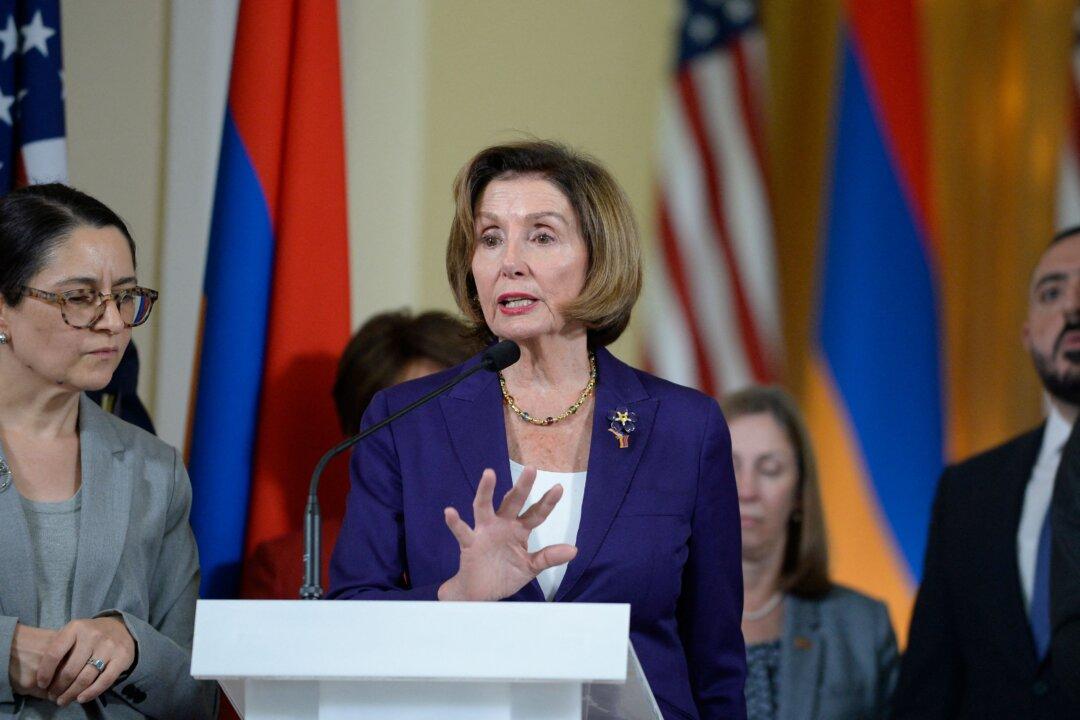Over 2,600 officials at federal agencies invested in stocks of companies at the same time the firms were lobbying their departments for favorable policies, uncovered an investigation by the Wall Street Journal (WSJ).
WSJ looked at over 31,000 financial disclosure forms of over 12,000 political staff members, presidential appointees, and career employees—analyzing data of more than 315,000 trades in stocks, funds, and bonds made by the officials, their spouses, or their children between 2016 and 2021. Close to 40 percent of officials in the Treasury department had invested in stocks of firms that lobbied the agency.





